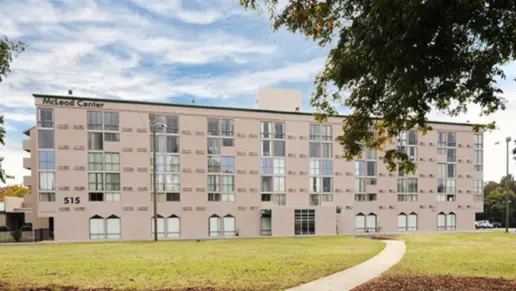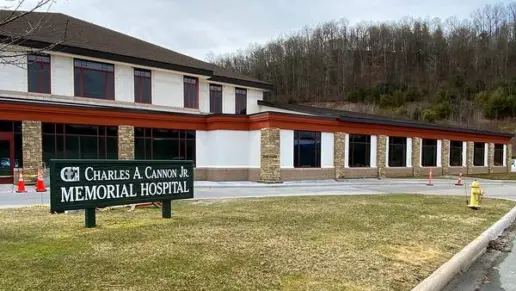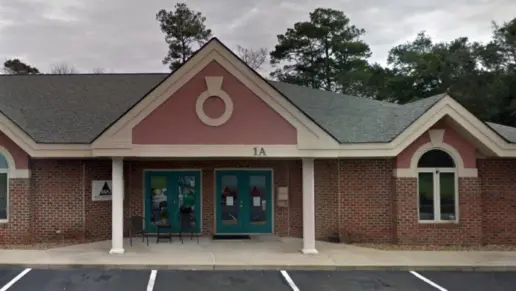I was there as a patient. I was there Over 18 years ago . It was a good experience for me I’m glad I was there and it helped me to get clean . I learned how to deal with my emotions and to deal with loneliness. Thank you for your service
About DART Center (DART Cherry Program)
DART Cherry, located in Goldsboro, North Carolina, is also known as the DART Center. It’s a center that treats men who’re on probation or parole and have drug addictions. To get in, you’ll have to be referred by the State Prison System. After your stay with them, you’ll have an easier time getting back to your community and not going back to crime.
Their services use a combination of therapy and holistic care. This means that they’ll be digging into your triggers to address any mental and behavioral disorders. You’ll have a better understanding of your condition and can find better outlets for frustrations without drugs. While you’re in treatment, you’ll be supervised throughout in case any emergencies come up. They don’t offer medications or detox, though. If you need to detox, you’ll be referred to another center nearby. All medical expenses will be your responsibility.
In addition to counseling, you’ll have the chance to learn new skills and healthier ways to deal with your emotions. Your health will improve, and your chances of rearrest or relapse will be much, much smaller when you head home to your loved ones.
Facility Overview
Rehab Score
Gallery
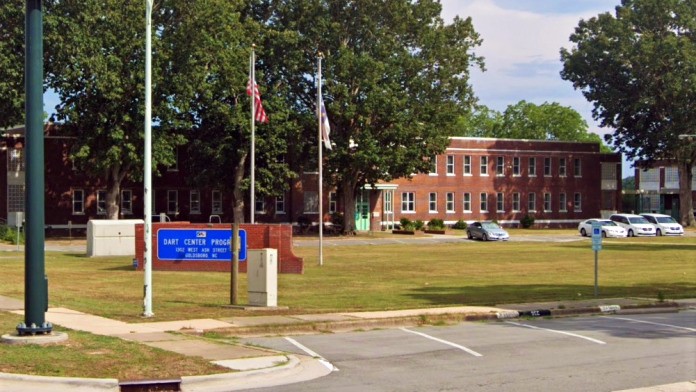
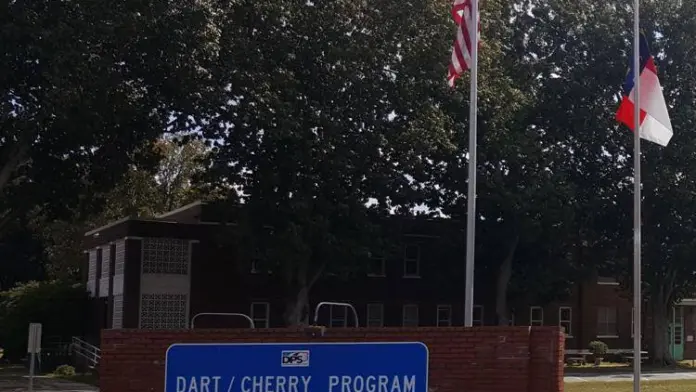
Location
Other Forms of Payment
Addiction Treatments
Levels of Care
Treatments
The goal of treatment for alcoholism is abstinence. Those with poor social support, poor motivation, or psychiatric disorders tend to relapse within a few years of treatment. For these people, success is measured by longer periods of abstinence, reduced use of alcohol, better health, and improved social functioning. Recovery and Maintenance are usually based on 12 step programs and AA meetings.
There are many types of drug rehab in North Carolina. To receive treatment for addiction, you can choose from many inpatient and outpatient programs. Often, participants start with detox and work through a full continuum of care that continues with ongoing support for long-term recovery.
Opioid rehabs specialize in supporting those recovering from opioid addiction. They treat those suffering from addiction to illegal opioids like heroin, as well as prescription drugs like oxycodone. These centers typically combine both physical as well as mental and emotional support to help stop addiction. Physical support often includes medical detox and subsequent medical support (including medication), and mental support includes in-depth therapy to address the underlying causes of addiction.
Substance rehabs focus on helping individuals recover from substance abuse, including alcohol and drug addiction (both illegal and prescription drugs). They often include the opportunity to engage in both individual as well as group therapy.
Programs


Clinical Services
Cognitive Behavioral Therapy (CBT) is a therapy modality that focuses on the relationship between one's thoughts, feelings, and behaviors. It is used to establish and allow for healthy responses to thoughts and feelings (instead of unhealthy responses, like using drugs or alcohol). CBT has been proven effective for recovering addicts of all kinds, and is used to strengthen a patient's own self-awareness and ability to self-regulate. CBT allows individuals to monitor their own emotional state, become more adept at communicating with others, and manage stress without needing to engage in substance abuse.
Group therapy is any therapeutic work that happens in a group (not one-on-one). There are a number of different group therapy modalities, including support groups, experiential therapy, psycho-education, and more. Group therapy involves treatment as well as processing interaction between group members.
In individual therapy, a patient meets one-on-one with a trained psychologist or counselor. Therapy is a pivotal part of effective substance abuse treatment, as it often covers root causes of addiction, including challenges faced by the patient in their social, family, and work/school life.
Life skills trainings involve all the skills a person must have in order to function successfully in the world. These include time management, career guidance, money management, and effective communication. Truly successful addiction recovery is based on the ability to not only live substance-free, but to thrive. Life skills teaches the practical necessities of functioning in society, which sets clients up for success in life, and therefore sobriety.
Family therapy sessions address the emotional toll that addiction has had on the family unit and individual members. Therapists work with families to develop better coping strategies, which in turn create a stable environment for their loved one's recovery process.
Staff
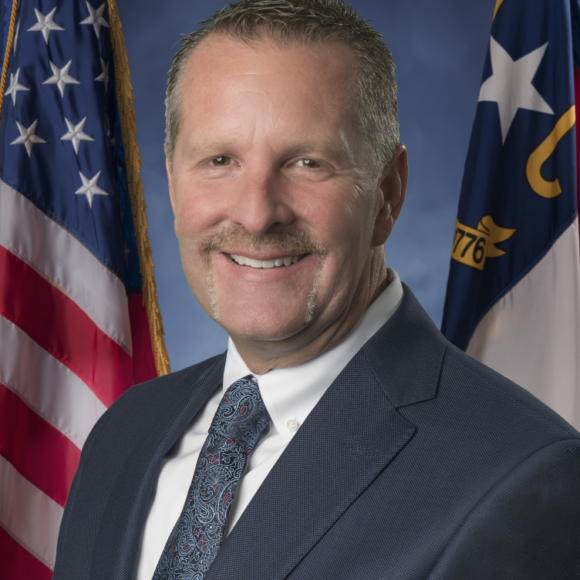
Secretary
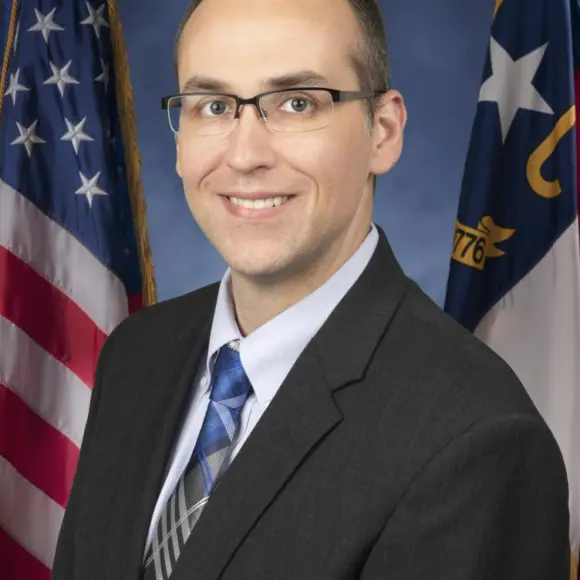
Chief of Staff
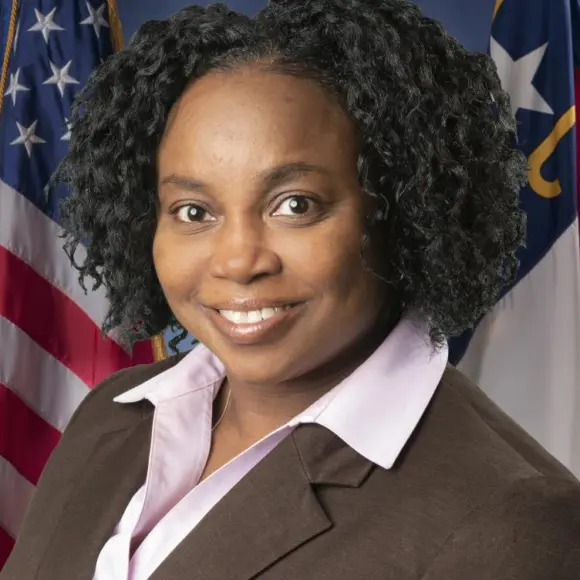
Chief Deputy Secretary, Operations
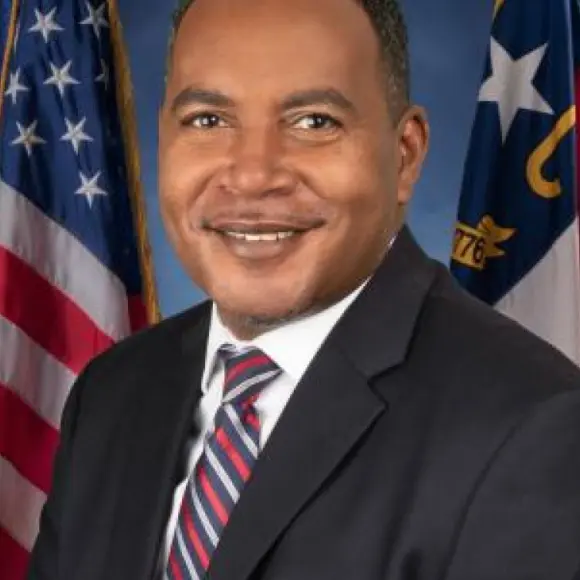
Chief Deputy Secretary, Administration (Acting) & CFO
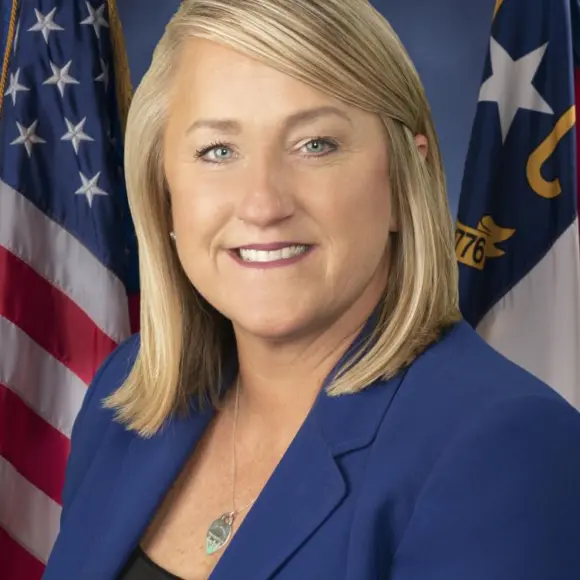
Chief Dept. Sec., Rehabilitative & Correctional Services
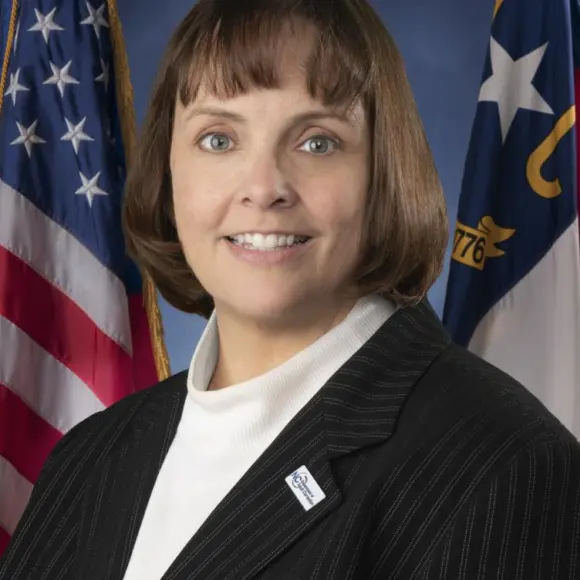
General Counsel

Deputy Secretary
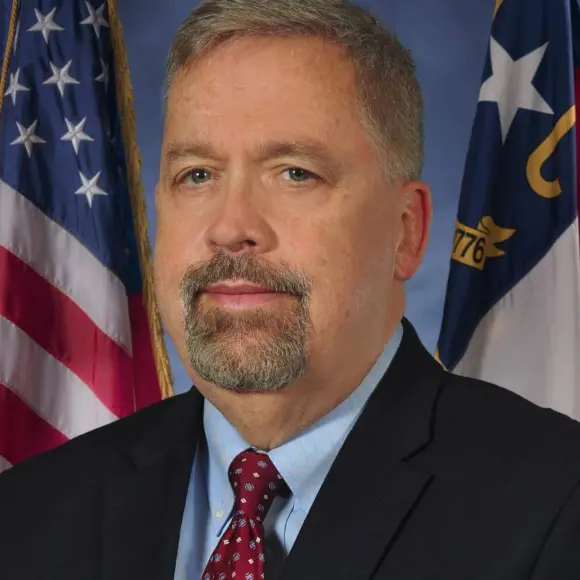
Deputy Secretary, Comprehensive Health Services
Contact Information
1302 West Ash Street
Goldsboro, NC 27530
